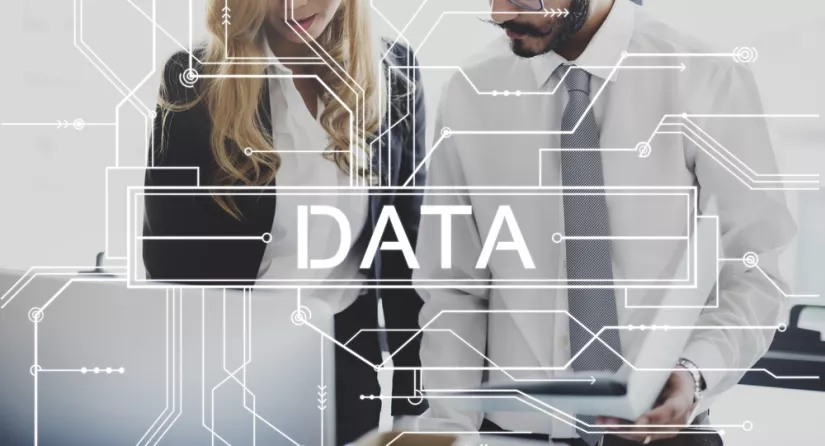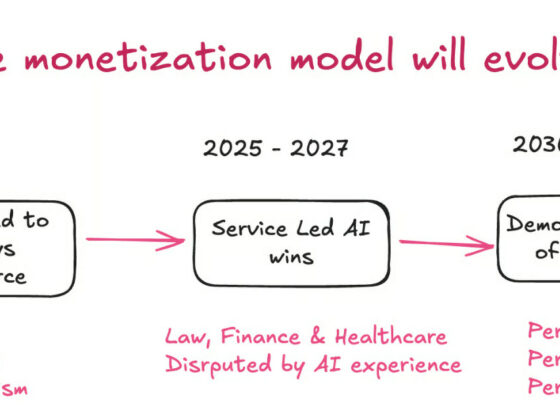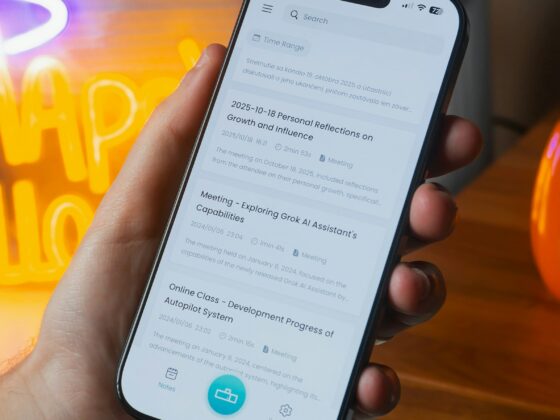
In its 2025 Trends report (After AI Reinventing Data, Insights, and Action Amidst the Noise), business intelligence leader Qlik emphasizes a profound shift in data analytics: data is becoming one of the most valuable assets for the companies that generate it.
Qlik’s report identifies three core themes:
- Authenticity — As AI-generated content explodes, businesses face a growing crisis in data integrity.
- Applied Value — When authentic data is properly harnessed, it becomes a source of substantial value for organizations embedding AI into real-world applications.
- Agents — These autonomous systems, capable of action, interaction, and adaptation, are emerging as a foundational pillar of digital transformation.
“History tells us that with every paradigm shift come both promised benefits and unintended perils. Today, artificial intelligence (AI) is at the heart of a heated debate. Tech optimists see it as a force for radical transformation. Tech pessimists fear its unintended consequences for humanity. One thing is clear: AI is fundamentally reshaping both society and business”.
— Dan Sommer, Market Intelligence Lead, Qlik
Authenticity as a strategic priority
AI-generated content is spreading at lightning speed across the internet. One study estimates that 57% of online content is now AI-generated. As a result, large language models (LLMs) could soon be trained predominantly on data that was itself generated by AI. A research group at MIT found that around 25% of high-quality data sources have been removed from the top three major training platforms.
This shift will push data quality and authenticity to the top of the strategic agenda. Provenance and traceability will become critical.
“The only remedy is to build trust, validate sources, and ensure rigorous traceability,” says Dr. Rumman Chowdhury, Founder of Humane Intelligence and member of the Qlik AI Council
The Four Trends Defining Authenticity in 2025
- Trust is Your Data Currency
Data quality is becoming harder to verify. Moving beyond model training methods, businesses will need mechanisms to signal whether a model can be trusted. An AI Trust Score will act as a filter, evaluating data for provenance, traceability, diversity…








